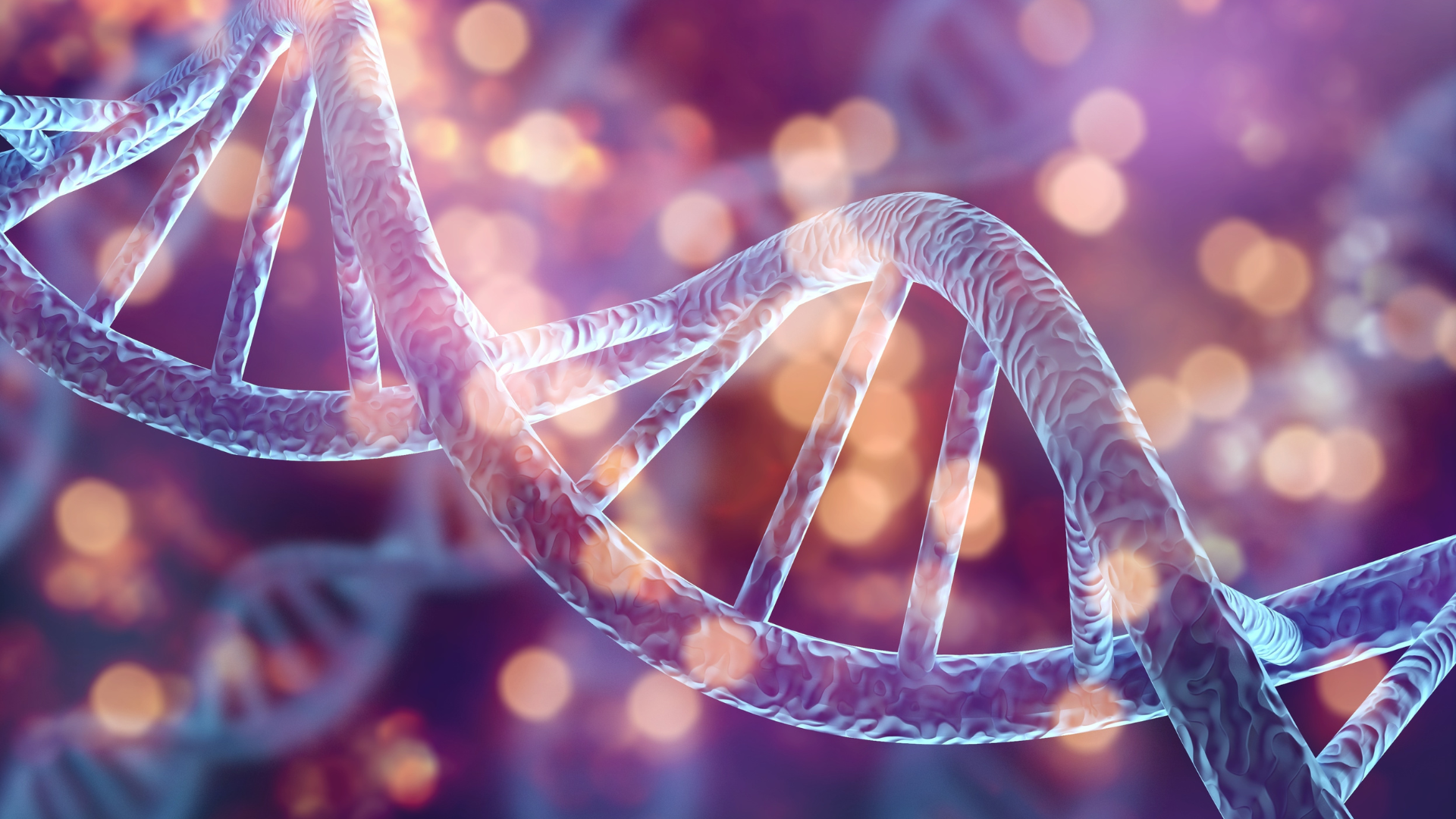Introduction to GHK-Cu
GHK-Cu, a complex of the tripeptide Glycine-Histidine-Lysine with copper(II), has been recognized for its remarkable ability to stimulate wound healing, tissue regeneration, and collagen synthesis. Its role in reducing inflammation, scarring, and promoting antioxidant defenses positions it as a key player in the body’s healing and regenerative processes. The study in question provides a comprehensive exploration of GHK-Cu’s role as a modulator of gene expression, particularly in relation to stem cell function and tissue regeneration.
The Multifaceted Role of GHK-Cu
GHK-Cu’s influence extends across various biological processes, making it a peptide of significant interest in the field of regenerative medicine. Some of the key areas where GHK-Cu exerts its effects include:
Stem Cell Function and Tissue Regeneration: GHK-Cu has been shown to influence the behavior of stem cells, particularly in the context of wound healing and tissue repair. It modulates the expression of genes related to cell differentiation, apoptosis, and stem cell function, playing a crucial role in the body’s regenerative processes.
Gene Expression and Cellular Modulation: The peptide modulates the expression of a wide array of genes involved in various cellular processes. This includes genes related to immune response, cell growth and proliferation, and DNA repair mechanisms.
Anti-Inflammatory and Antioxidant Effects: GHK-Cu exhibits anti-inflammatory properties, reducing the levels of inflammatory cytokines and mitigating oxidative stress. This makes it a potential candidate for treating chronic inflammatory conditions and preventing age-related degenerative diseases.
Skin Rejuvenation and Anti-Aging: GHK-Cu’s ability to enhance the production of collagen and elastin has made it a popular ingredient in skincare products. It improves skin elasticity, reduces the appearance of fine lines and wrinkles, and promotes a youthful complexion.
Methodology and Key Findings
The study employed a computer-based gene profiling tool, The Connectivity Map, to identify a number of human genes regulated by GHK, relevant to the regulation of cell differentiation, apoptosis, and stem cell function. Key findings of the study include:
- Regulation of Gene Expression: GHK-Cu was found to regulate the expression of 57 genes associated with stem cell function, indicating its significant role in modulating cellular behavior and function.
- Influence on Stem Cell Behavior: The peptide’s impact on stem cell behavior suggests its potential in improving stem cell therapy and shifting regeneration processes towards healthy regeneration.
- Potential in Regenerative Medicine: Based on laboratory data and gene profiling data, GHK-Cu may be used to improve stem cell therapy and help shift regeneration processes to healthy regeneration, avoiding chronic inflammation, scarring, fibrosis, or cancer.
Conclusion and Future Directions
The study “The Effect of the Human Plasma Molecule GHK-Cu on Stem Cell Actions and Expression of Relevant Genes” provides compelling evidence of GHK-Cu’s therapeutic potential. Its ability to influence a wide range of cellular processes opens up avenues for the development of novel treatments for various conditions, including skin disorders, chronic wounds, inflammatory diseases, and potentially even age-related degenerative diseases.
As we stand on the cusp of a new era in medical science, GHK-Cu emerges as a symbol of hope and innovation. Its potential in improving quality of life and managing various health conditions is a testament to the relentless pursuit of knowledge and the unwavering spirit of scientific inquiry.
For those keen on delving deeper into the intricacies of this groundbreaking study, the full research article is available here.
Citation
Pickart, L., Vasquez-Soltero, J. M., & Margolina, A. (2015). GHK Peptide as a Natural Modulator of Multiple Cellular Pathways in Skin Regeneration. Biomed Research International, 2015, 648108. doi:10.1155/2015/648108




